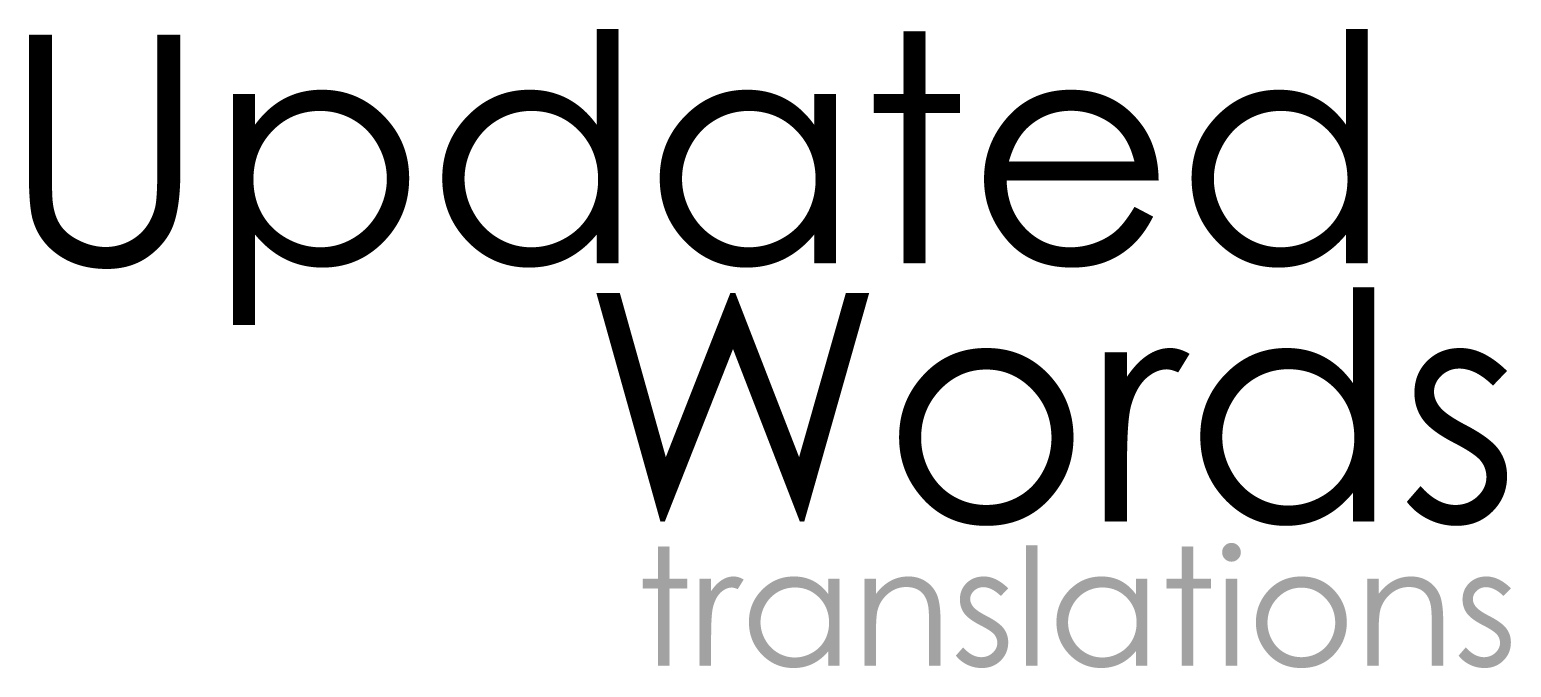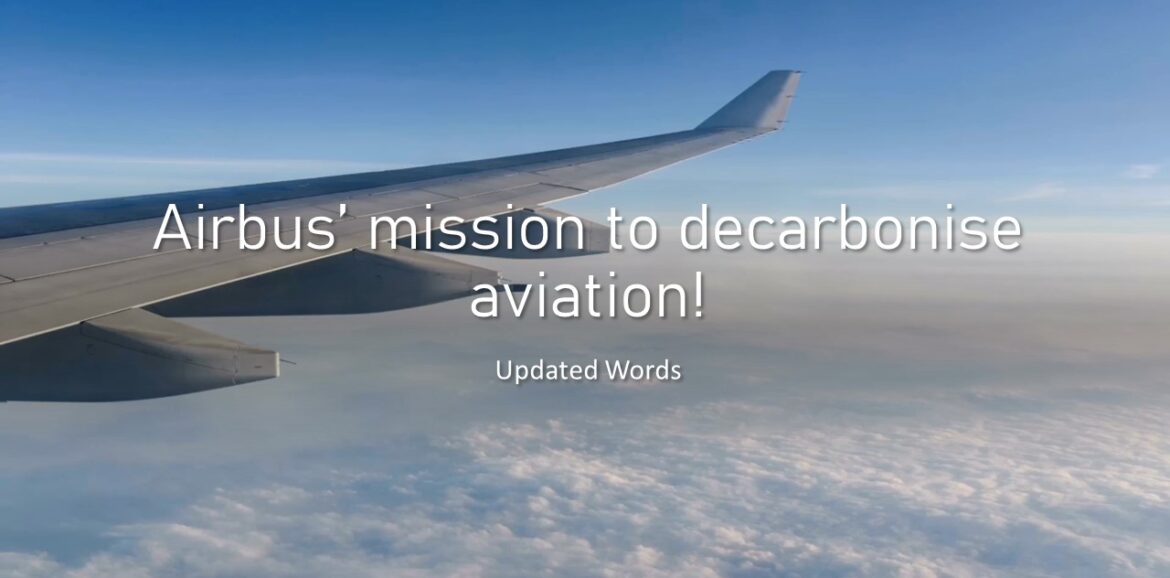Airbus’ mission to decarbonise aviation is getting stronger and stronger. The company believes that a leader must take concrete actions, so if Airbus wants to lead that is what they want to do. They have set a goal to reach 10% pure SAF in the fuel mix in 2023 and now they also want to include ferry flights too.
Airbus’ goal
In a press release published in July, the French aircraft manufacturer Airbus claimed that it believes SAF is fundamental to the decarbonisation of aviation. They also claimed that their ambition is to play an active role in the use and promotion of SAF. Airbus wants to be a leader in the sector and for them, that means having a proactive approach and taking real action to achieve this goal.
I would say that producing better and more fuel-efficient aircraft is part of the plan, but without a doubt that these aircraft need to pollute less and that is where SAF comes to play. Technologies like green hydrogen are still in development and we need to get a solution that will help us reach zero emissions faster, SAF is that solution. According to the article, SAF is produced with 50% synthetic components produced from waste and kerosene that produces 80% less carbon emissions over its life cycle than conventional jet fuel.
Airbus is already using a 50% SAF blend on their operations, including military aircraft and helicopters, they now want to extend that and make all their aircraft capable of flying 100% SAF by 2030.
Airbus offer
Airbus committed to 10%-pure SAF in their commercial aircraft and helicopter internal operations. They are now offering 5%-pure SAF to their ferry flights from Toulouse and Hamburg. The company currently offers a varying concentration of SAF to customers ferrying aircraft from Tianjin in China and Mobile in Alabama. This is subject to contractual terms and conditions and the discretion of the airline. Now they added this 5%-pure SAF offer to airlines ferrying their aircraft from their Toulouse delivery centre and from September the offer will be extended to aircraft ferried from their delivery centre in Hamburg.
Airbus said in the article that the first airline to take advantage of this offer was IndiGo. The Indian airline ferried its A320 Neo from Toulouse to Delhi in July this year.
This is another great step that puts aviation closer to its zero emissions target.

